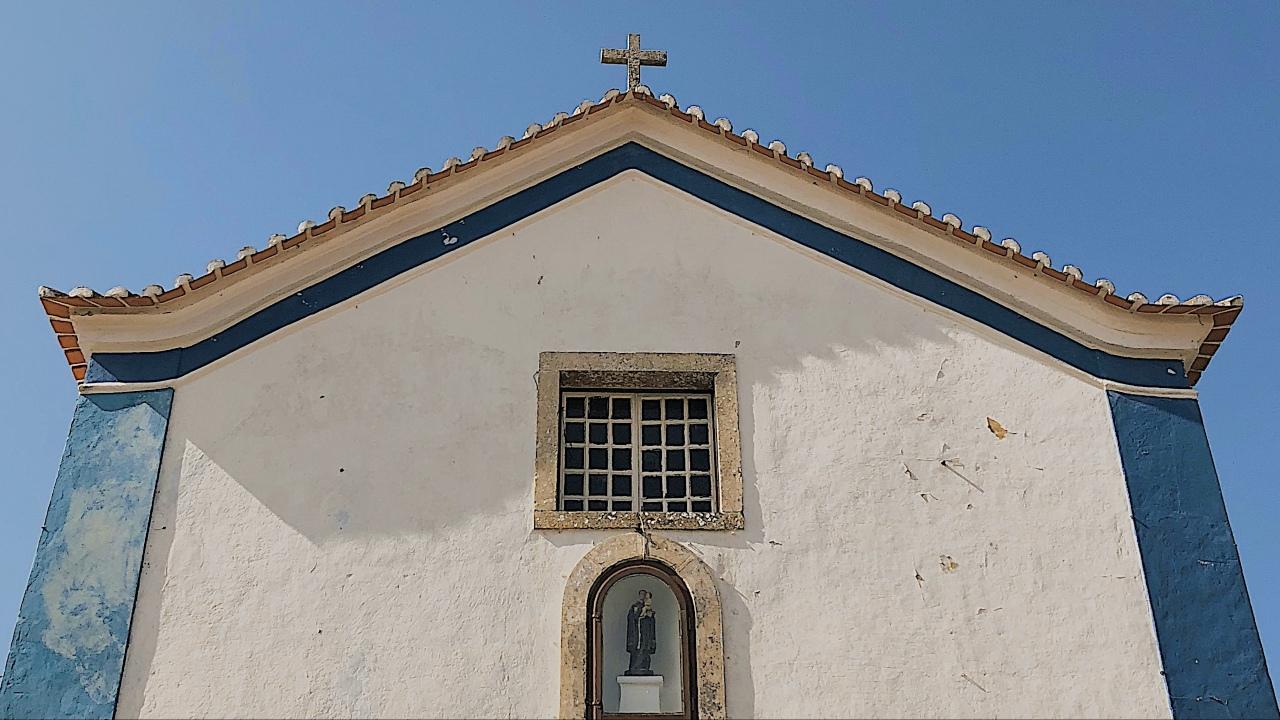Violent extremism is worsening in Nigeria, but the activities funding insurgents’ operations remain largely unknown by state security agencies. LSE Fellow Uche Igwe describes the financial arrangements supporting Boko Haram’s violence across the country and the Lake Chad basin, and how criminal economies in the region can be undermined by international cooperation.
Terrorism is an expensive venture. The lifeline of any violent extremist organisation is its capacity to raise funds to finance its operations and recruit members. The sources of funding of terrorists, however, continue to be as elusive as the terrorists themselves. The existence of predominantly informal cash-based economies in the conflict regions in which they often operate has made the situation more complex.
Boko Haram allegedly uses couriers to move cash inside Nigeria and across the porous borders from neighbouring African countries. Between 2006 and 2011, reports indicate that the group was able to secure approximately US$70 million from various illicit sources, operating as part of an illicit and informal criminal economy network that sustains violence on the continent. Recently, the Islamic State in West Africa Province (ISWAP), a splinter group of Boko Haram, appointed new commanders and gave specific assignments to raise funds by imposing taxes on communities through trade and regulation of agricultural activities. The insurgency has been ongoing for almost 12 years and there is little indication that the situation will improve.
In 2016, Boko Haram was ranked as one of the deadliest Jihadi groups in the world. Many people wonder how these insurgents get access to a limitless amount of weapons, bombs, patrol vehicles and communication equipment. Unlike other terrorist organisations, Boko Haram insurgents live outside regular communities and require funds to run their camps, buy arms, feed their members and plan attacks on their targets. According to Elizabeth Donnelly of Chatham House in London, before authorities can cut off Boko Haram funding, they have to find it. This would go a long way towards impeding the group.
The late Osama Bin Laden sowed the seed
Boko Haram allegedly received initial funding from Osama Bin Laden, according to a report by the Daily Beast. The story runs that around 2002 he sent an aide to Nigeria with US$3 million to distribute among groups that shared al-Qaeda’s mission to impose Islamic rule. Boko Haram was one of the major beneficiaries.
A recent United Nations report revealed that insurgents’ activities are nowadays funded through multiple sources which include extortions, taxes, ‘protection fees’, bank robberies, charitable donations, smuggling, foreign remittances and kidnapping. Multiple sources also indicate that some insurgents are involved in human trafficking and the arms trade to raise funds. They are further said to receive support locally from religious sympathisers and wealthy professionals.
Availability of funds affects the scale and frequency of attacks undertaken by terrorist groups. With growing insecurity across northern Nigeria and recent successful attacks against the military, analysts insist that Boko Haram may indeed be getting richer and more sophisticated in its operations. Its weaponry has shifted from relatively cheap AK-47 rifles in the early days of the violence to combat vehicles and anti-aircraft guns.
A thriving kidnap-for-ransom industry
Kidnap-for-ransom has been long associated with Boko Haram as their major source of finance – a lucrative enterprise that has now become a full-blown industry. In February 2013, armed men on motorcycles snatched Frenchman Tanguy Moulin-Fournier, his wife, four children and brother while they were on holiday near the Waza national park in Cameroon close to the Nigerian border. An equivalent of $3.15 million was allegedly paid by French and Cameroonian negotiators to Boko Haram before the hostages were released. Officials from both sides denied this claim.
Later in the same year, a French Priest, Father Georges Vadenbeusch, was seized in his parish in Nguetchewe, six miles from Cameroon’s border with Nigeria after the gunmen earlier stormed the church to ask for money. Another two Italian priests and a Canadian nun were later kidnapped in 2014 around the same area. More than 100 of the 276 schoolgirls kidnapped from Chibok in Northeast Nigeria the same year are still missing. Father Elijah Juma Wada was kidnapped in early July 2021 by suspected Boko Haram terrorists along Damboa-Maiduguri road. An uncountable number of students have been kidnapped in the past five years, forcing many schools in Northern Nigeria to shut down. A report by the United Nations Children Emergency Fund (UNICEF) put the number of kidnapped children in Northern Nigeria at 1000 in 2018, which remains a conservative estimate. Analysts insist that targeting schools offer huge economic benefits to insurgents as they garner millions of dollars in ransom payments.
International trade of smoked fish and red pepper
Another source of funding for insurgents is lucrative commercial fishing and farming of red pepper. Reports suggest that Boko Haram is in control of fishing in Baga, a community in Bornu State, and has created a new regime of levies and secure routes for fish trade in the Lake Chad Basin. The al-Barnawi faction of the Boko Haram group, and its affiliate ISWAP, are said to be in charge of most of the region’s strategic fishing trade. To get fishing rights in these communities, locals make payments to the insurgents, sometimes in collusion with the military. The biggest fish market in West Africa, located in Baga, was disrupted by insurgents who created another one in Kusiri near Chad, where traders are forces to pay taxes to the insurgents. This was apparently to disrupt al-Barnawi’s control.
According to the World Food Programme, the combined fish and pepper trade contributed about $48 million to the Nigerian economy through exports before the insurgency. The insurgents now use the trade to consolidate their finances and grow their influence.
Protection money and the elite’s double standards
It is believed that many politicians from northern Nigeria, especially the governors as well as parliamentarians, regularly pay protection money to Boko Haram. These terrorists demand monies through letters and politicians, particularly in the north, which is regularly paid to keep insurgents out of their way. Although these politicians claim publicly that insurgents profess a poisonous ideology and dissociate from them, there is often fear and pretense in their actions, keen to avoid the international community associating them with extremism. There is evidence that politicians use these insurgents to rig elections and terrorise their opponents – a double standard which the terrorists use for leverage.
Official hypocrisy has led to a lack of diligent prosecution
The Federal Nigerian government does not appear serious in prosecuting those indicted for the insurgents’ financial offences. Recently, about 400 businessmen were reportedly arrested by the Nigerian government on suspicion of funding Boko Haram, including people in the Bureau De Change (BDC), gold miners and sellers. Through so-called ‘economic warfare’ against insurgents, official sources claimed that the main perpetrator coordinating the funding ring was taken into custody and about 19 BDCs owned by persons with direct links to Boko Haram were uncovered, while N300 billion (approximately US$600 million) was found to have been used in funding terrorism. No one knows the current situation with these cases amidst fears that they would be stalled. Recently, a senator representing Bornu South, Ali Ndume, urged the federal government to reveal the identities of these individuals. It took the Government of the United Arab Emirates to convict and sentence six Nigerians linked to a government official in Abu Dhabi for similar wrongdoings, including allegedly providing funding to Boko Haram.
Other sources of funding include the narcotics industry in Europe and Africa. According to a report from the European Centre for Monitoring of Drugs and Drug Addiction, it is believed that terrorist cells in Africa are tapping into the European Union’s narcotics industry worth over 30 billion Euros.
Unmasking the criminal economy will not go far enough
Understanding the actors, networks, interests and incentives involved in the criminal economy sustaining ISWAP and Boko Haram, and their franchise insurgency outposts, will help unmask the insurgents’ entire illicit ecosystem in Nigeria, the Lake Chad Basin and across the Sahel. But to achieve this, international cooperation is key. As a transnational crime, end-to-end tracking of the economic activities of terrorists across the region will help choke their financial and operational infrastructure. Law enforcement will be a key part of this endeavour.
No doubt the Nigerian security apparatus is overwhelmed with the frequency and fatality of attacks. It needs to seek urgent international help both for intelligence sharing and operational efficiency. There is a lesson to learn from the December 2020 operation by the United States Special forces who rescued Philip Walton, a hostage who was kidnapped by gunmen suspected to be terrorists near the Nigerian border. If similar efforts and technology can be deployed effectively across the country, especially in the North, these kidnappings and the insurgency could be degraded and eventually extinguished.
Photo by Omotayo Tajudeen from Pexels.






A very brilliant write up. Only if the views can be put to use by the relevant authorities. These problems can be solved.